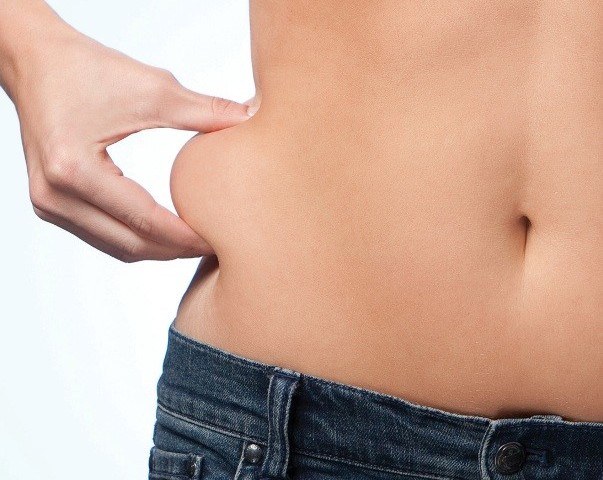The Cryolipolysis Process in Simple Terms

When you heard the word cryolipolysis for the first time, what came into your mind? A dreaded disease, a scientific name for an insect or a virus, or perhaps you related it to something as complex as its spelling and pronunciation. But what does cryolipolysis stand for?
Simply put, the cryolipolysis process is just another word for fat freezing. It is derived from three Greek terms: cryo which means cold; lipo, fat; and lysis, which stands for the breaking down of the membrane of a cell. In short, it is a treatment that permanently eliminates or kills a person’s fat cells through freezing. In some clinics, it is also known as coolsculpting so don’t get confused when you find these terms used by clinical personnel interchangeably.
Favoured by many for its fast body contouring nature, fat freezing is a non-invasive treatment that targets the body fat found right under the skin. It uses a device with controlled cooling technology, usually ranging between -9°C to -11°C, directed to kill the body’s fatty deposits.
Why opt for fat-freezing?
Fat freezing is mostly sought after by people who are looking to eliminate stubborn pockets of fat on their thighs, abdominal areas, chin and upper neck, back, buttocks, and arms. Others also turn to cryolipolysis (fat freezing) because they’ve become desperate to get rid of fats that are seemingly resistant to even the most hard-core workouts. Some simply want to improve their body image to have renewed confidence.

How does Cryolipolysis work?
After an initial consultation with a specialist, a cryolipolysis treatment usually involves the following process:
- A specialist confirms which areas of your body you want to have the fat removed from and uses a special vacuumed applicator to target these areas.
- While directed at your target areas, the device’s temperature is lowered between -9°C -11°C, usually at -9°C to freeze the fat layer. The cooling technology effectively freezes your fats without creating any damage to your body’s surrounding cells and tissues.
- When the fats are frozen, they die, break down and are later eliminated from your body by the liver.
- Results will begin to show from 6 weeks with optimal results at 12 weeks.
Because the fat cells have been killed, they could no longer grow again or show even with weight gain.
Are there fat freezing side effects?
Fat freezing is generally a safe treatment and the most common complaint after the session is the loss of sensation in the treated area for two to four weeks. Other noticeable side effects include redness, firmness, bruising, skin sensitivity, and minor swelling.
It is important before even beginning the treatment you choose a trusted and experienced fat freezing Sydney specialist like Body Catalyst. Book an appointment with us today!










